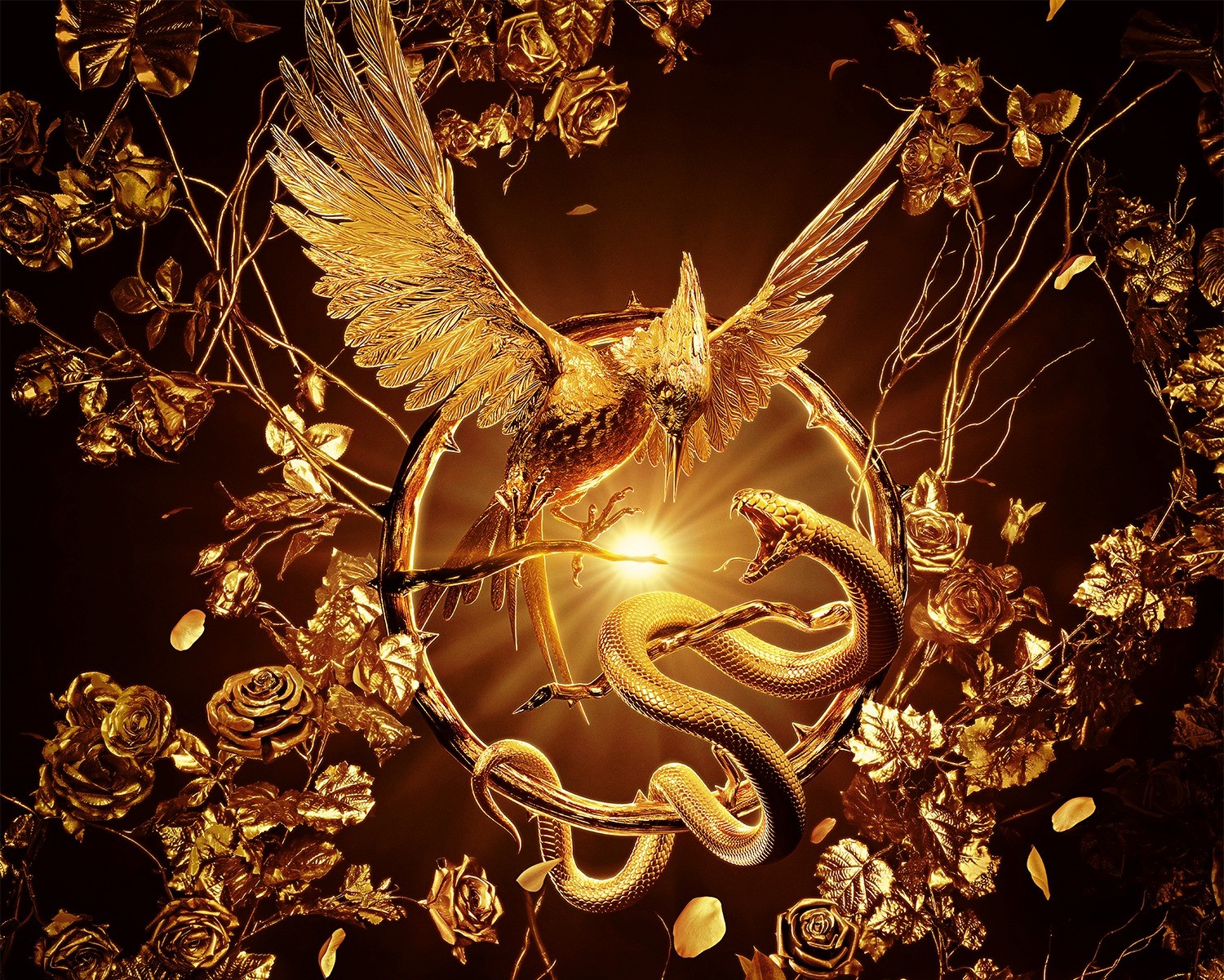
Film Critic Charley Gordon-Boyle finds the latest addition to The Hunger Games franchise to be disappointing for fans of the books
There’s nothing more frustrating than leaving a cinema and thinking they just don’t ‘get’ it like I do. To be fair, few people ‘get’ The Hunger Games books the way I do, which my friends have had the displeasure of hearing all about in the past few weeks.
The prequel certainly has its strengths. Tom Blyth and Rachel Zegler easily embody these roles. They’re a far cry from Jennifer Lawrence and Josh Hutcherson, both of whom, I personally believe, were woefully miscast. Many considered Lawrence’s casting whitewashing, as book Katniss is widely read as Native American and Hutcherson’s complete lack of charisma make it hard to believe Peeta’s appeal. Conversely, Blyth and Zegler are magnetic. Every interaction between the two bleeds chemistry.
Blyth and Zegler are magnetic
The supporting cast is similarly excellent. Josh Andrés Rivera shines as the idealistic Sejanus, Hunter Schaefer stuns when delivering heartfelt speeches and serving Capitol fashion, Viola Davis brings a maniacal aplomb to Dr Gaul and Peter Dinklage’s considered mannerisms render Highbottom as pathetic as he is cruel. Even supporting actors like Irene Böhm and Jerome Lance pack an emotional punch as the tragic Marcus and Lamina, and I hope to see more of them in the future.

The film is far from perfect. Its pacing suffers enormously, as many of the more nuanced and slow moments from the novel are lost since almost 500 pages of action are condensed into 2 and a half hours. The relationship between Coriolanus and Lucy Gray feels particularly rushed, as a months long romance is reduced to a handful of interactions. But it does serve as a solid reintroduction to the franchise. Some of the best elements of the originals, like Trish Summerville’s costumes, Francis Lawrence’s masterful direction, and James Newton Howard’s soundtrack all help to build a rich world that is both similar and distinctive enough to make the audience believe this takes place 64 years before the 74th games.
However, this film seems to have lost the original’s teeth. What happened in the last decade that filmmakers to think they can no longer trust young audiences to understand nuanced political narratives? In one of her rare interviews, Suzanne Collins stated that she wanted the books to introduce “the just-war theory for young audiences” and discussed how flipping through imagery of the Iraq War and reality television helped spawn the initial idea. The novels effectively ask, at what point does any violence become justified, and why do we use it as entertainment?
This film seems to have lost the original’s teeth
Verdict:
The original Hunger Games films did not need to spell out the story’s implicit critiques of American society, weaving present day issues like racial tensions into the futuristic narrative. Indeed, a lack of faith in its teenage audience is the prequel’s biggest failure as an adaptation. Collins’ novels never spoke down to her teenage readers; her stripped-back prose allows readers to absorb complex ideas like the just-war theory without patronising their intelligence. In The Ballad of Songbirds and Snakes novel, Collins subtly depicts how systemic inequality and dehumanisation are a breeding ground for fascism. Yet, as we follow young Snow throughout the narrative, she also makes it clear that his descent into evil is far from inevitable, and that everyone is responsible for their own actions.
My main questions for the filmmakers, then, are why oversimplify a world your audience already understand? Why talk down to your main demographic? Next time, I’ll stick to the books.
Rating: 6/10
The Hunger Games: The Ballad of Songbirds and Snakes is available in cinemas now.
Hungry for more? Check out these other articles from Redbrick Film:
Review: The Killer | Redbrick Film

Comments